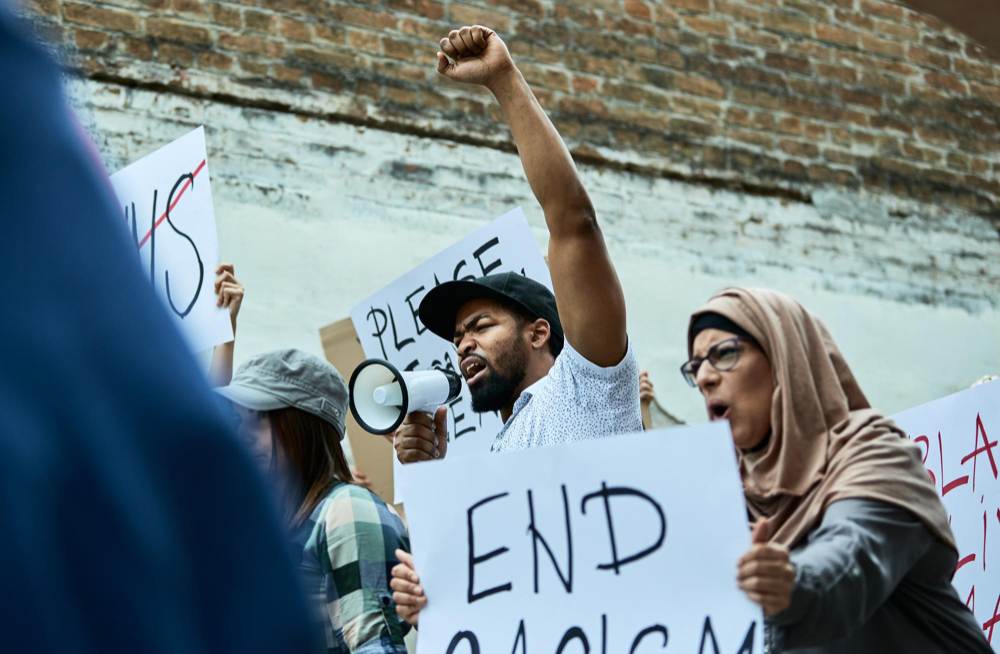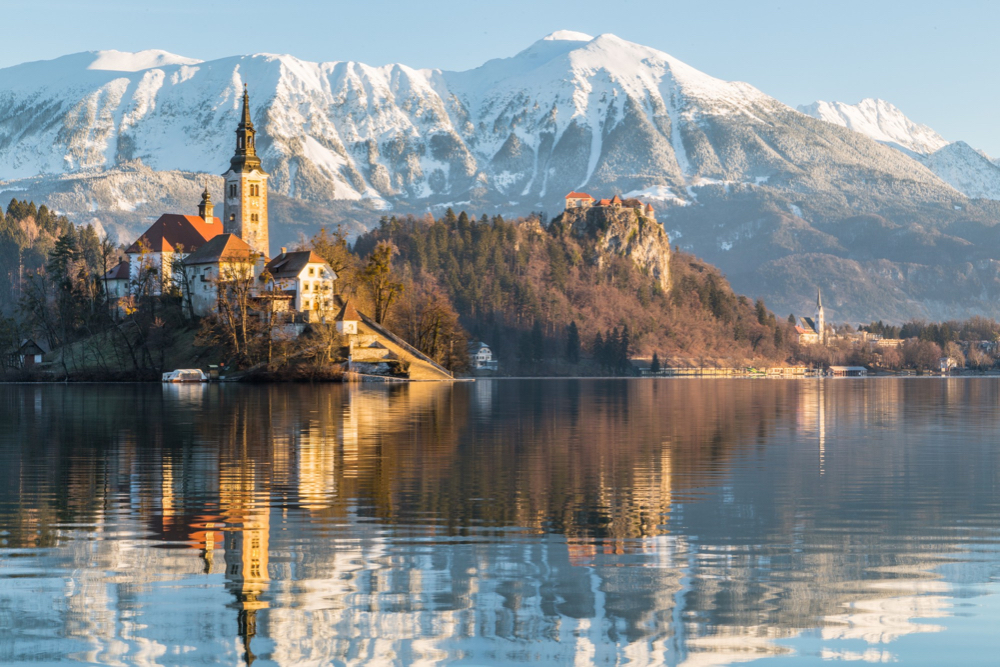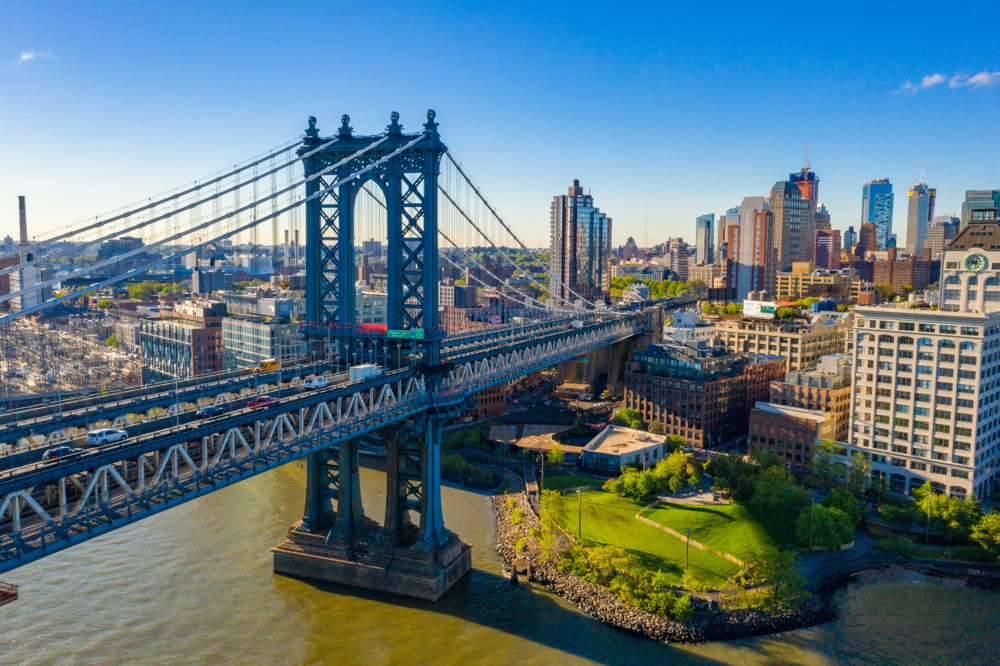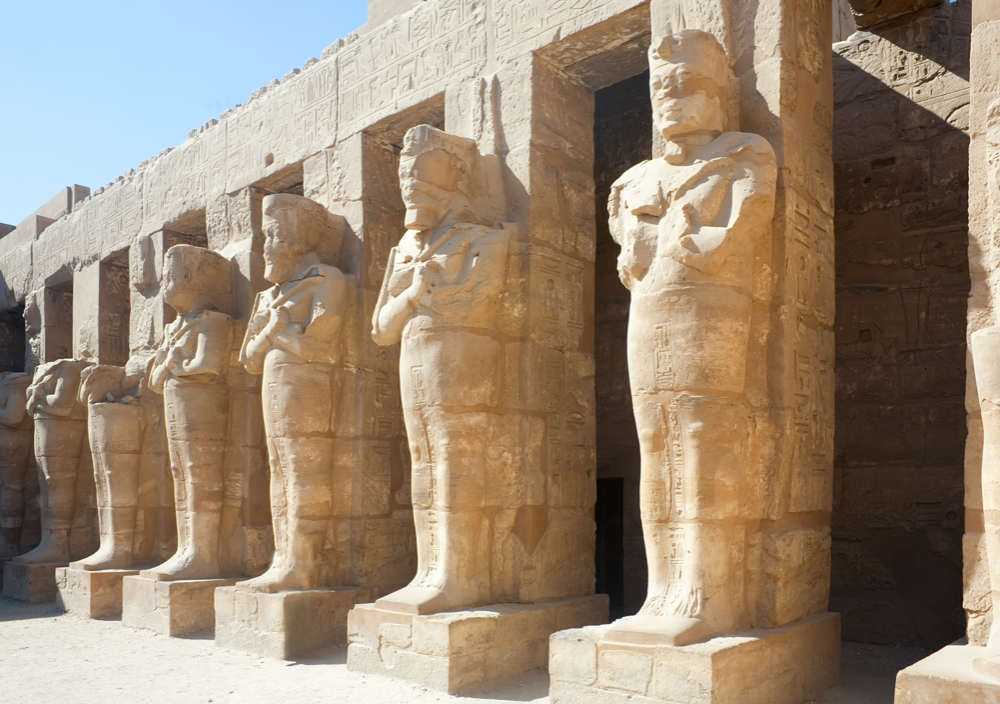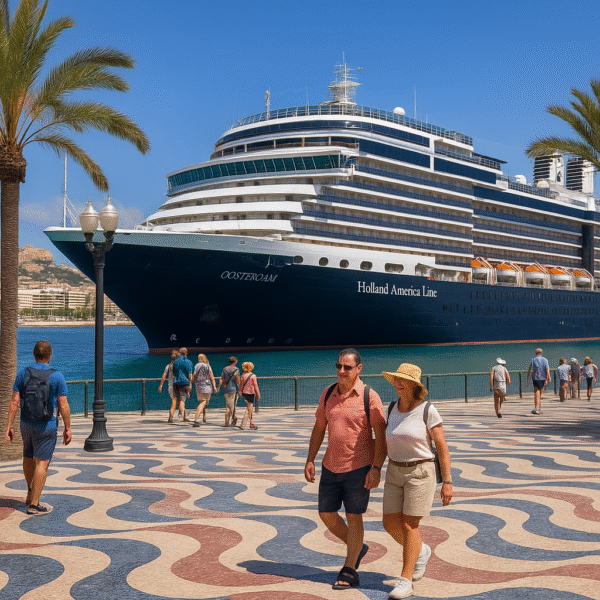LONDON, UNITED KINGDOM – The United Kingdom is experiencing a wave of political unrest following the government’s decision to ban Palestine Action under the Terrorism Act 2000. In response, widespread nationwide protests are taking place in major cities, prompting concerns for travelers and raising questions about civil liberties and freedom of protest.
With demonstrations occurring in London, Manchester, Edinburgh, Bristol, and Truro, the UK’s streets have become centers of both activism and increased police activity. The protests, organized by groups such as Defend Our Juries and the Palestine Coalition, are drawing significant participation and have already resulted in over 120 arrests.
Why Was Palestine Action Banned?
Palestine Action, known for its direct-action campaigns against companies linked to Israeli defense exports, was officially proscribed by the UK government in mid-2025. The Home Secretary cited national security concerns, declaring the group’s actions a threat to public order and safety.
Under the Terrorism Act 2000, it is now a criminal offense to support or be affiliated with Palestine Action, with penalties reaching up to 14 years in prison. The group’s co-founder, Huda Ammori, is expected to challenge the ban in the High Court, claiming it violates constitutional rights to peaceful protest and freedom of expression.
What Tourists Need to Know Before Visiting the UK
With large-scale protests scheduled and legal tensions rising, tourists visiting the UK—especially in July and August 2025—should take note of potential disruptions and follow safety guidelines issued by both the UK Home Office and local law enforcement.
1. Expect Disruption in Major City Centres
Travelers planning to visit London, particularly around Parliament Square, Whitehall, Westminster Bridge, and Waterloo Bridge, should prepare for potential delays, road closures, and large crowds. The Metropolitan Police has announced an enhanced presence in these zones, with officers actively managing both protest and counter-protest groups such as Stop the Hate, which is holding a static demonstration near the Strand.
2. Know the Legal Boundaries
UK protest laws are evolving. While peaceful protest remains a protected right, supporting or affiliating with a proscribed organization like Palestine Action may lead to criminal charges. Deputy Assistant Commissioner Ade Adelekan emphasized that police will not tolerate threatening, offensive, or abusive behavior during demonstrations.
Law enforcement is also monitoring protest chants and actions. A recent incident involving activist artist Bob Vylan at Glastonbury prompted a police investigation due to offensive chanting, setting a precedent for close scrutiny of protest behavior at public events.
3. Avoid Protest Hotspots if You’re Uninvolved
Visitors not participating in demonstrations are advised to avoid protest hotspots, particularly near government buildings and legal centers like Parliament Square and the Royal Courts of Justice. Tour groups and families with children are urged to steer clear of potential flashpoints to minimize exposure to clashes between protesters and police or opposing groups.
4. Understand the Impact on Public Events
London’s central areas are major venues for sightseeing, cultural tours, and events. During protest weekends, tours may be canceled or rerouted, and museums or public venues near protest zones may temporarily close due to safety concerns.
Check with your tour operator or accommodation provider for alternative routes or indoor attractions away from high-density protest locations.
Legal Challenge and Broader Implications
On Monday, July 21, Huda Ammori will appear in the High Court to contest the legality of the Palestine Action ban. The case has attracted wide attention from civil liberties groups, legal experts, and international observers concerned about the balance between national security and civil rights.
Organizations such as Liberty and Amnesty International UK have criticized the ban, arguing it may stifle legitimate political dissent and set a dangerous precedent for banning other activist movements in the future.
Conversely, the UK government maintains that the safety of the public outweighs political symbolism, claiming the group’s direct actions, which included occupying factory sites and vandalism, cross the line into criminal activity.
International Repercussions and Traveler Impact
Tourists showing visible support for banned groups, whether through attire, slogans, or social media, risk being detained or questioned by UK authorities. Adelekan has warned that such actions could result in arrest, travel bans, or long-term consequences, including difficulties obtaining visas or work permits in the UK in the future.
This highlights the importance for international visitors to remain apolitical in public settings during their visit, especially in politically sensitive zones or during large-scale protests.
A Defining Moment for Freedom of Protest in the UK
The Palestine Action controversy has become a flashpoint in the UK’s broader debate over protest rights, national identity, and international solidarity. As legal proceedings unfold, the case is expected to influence how the UK manages political demonstrations and classifies direct-action groups moving forward.
For now, British cities remain active hubs of expression and dissent. While the situation does not currently pose an imminent threat to general tourist safety, visitors are advised to stay informed, respectful of local laws, and cautious in public spaces experiencing civil unrest.
Final Word for Visitors:
Britain remains open to travelers, but this summer brings a unique intersection of political activism and legal uncertainty. With preparation and awareness, visitors can still enjoy the UK’s cultural richness while navigating its complex political landscape with sensitivity and safety.
For more travel news like this, keep reading Global Travel Wire




